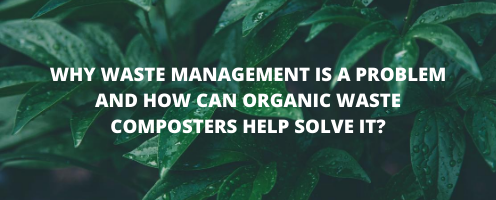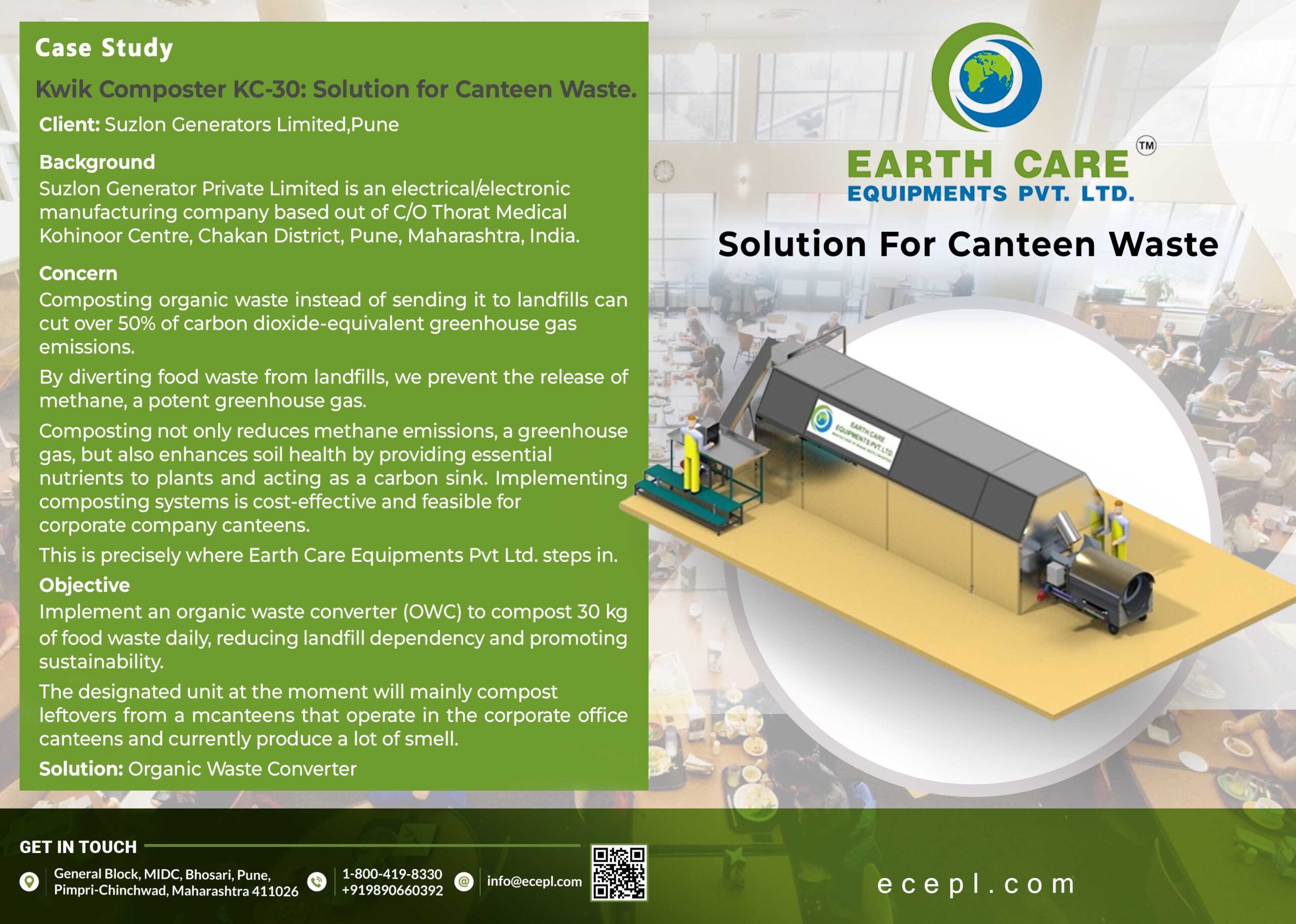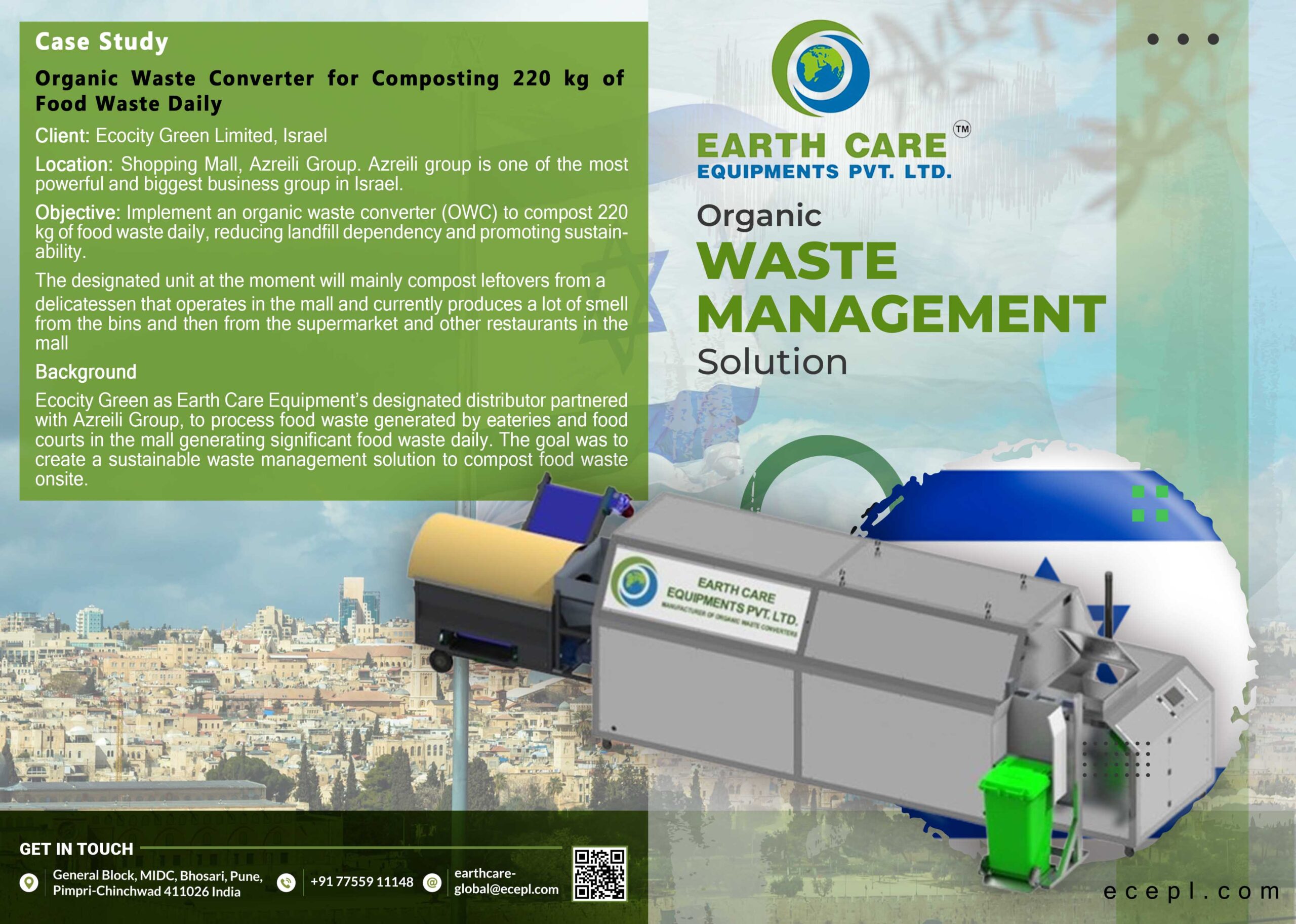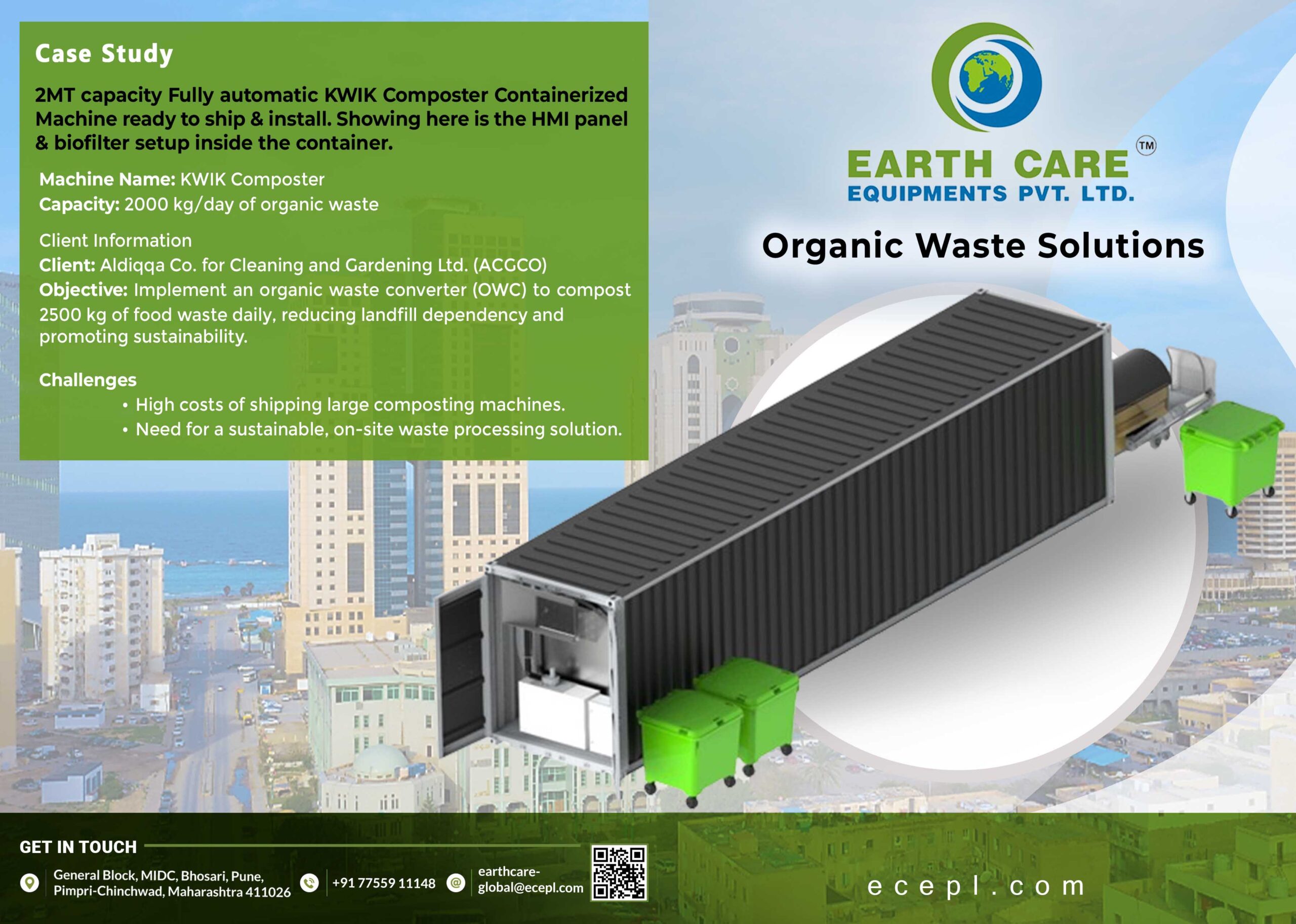
Imagine waking up to a world that is free of trash and other forms of debris. Your basic understanding of the current situation tells you that this dream is far from reality. The reason for this problem is that we are still too concerned about production than at minimizing or even managing the waste that gets produced as an outcome.
Now, imagine a world full of people who really care about the planet. Do you think you are one of these people? Read along.
With an increasing amount of Industrialization, most companies and organizations are finding it extremely difficult to put a hold on the amount of waste that is generated on a daily basis.
We live in a world where every product that we use is bound to generate some form of by-product which we generally refer to as waste. The discarded by-product provides no additional benefits to the businesses and industries which in return leads to huge piles of organic waste over time. This organic waste not only acts as a catalyst for global warming but is also very harmful to us humans and nature. Since the beginning of the Industrial Revolution, we have also seen an increase in the number of industries that are shelling out a lot of organic waste. Hence, efforts are now being made to reduce the overall creation of food products to curb the issues of solid waste management.
With more than 1.3 billion tonnes or 1/3 of all the food that gets produced every year being sent out as trash, this solution is neither practical nor feasible for most companies. Hence, the only practical solution to the massive waste problem is to utilize composters that can digest these organic waste products to create something of much more use.
What exactly are waste composters?
A waste composter is a machine/device that gets fed with a variety of organic waste products like leaves, fruits, vegetables, water, oxygen, and soil (contains the essential micro-organisms). Once these waste products are fed into the system the machine effectively helps degrade the contents into a form of compost that can further be used for replenishing the soil in the form of fertilizers or to increase the overall food production while farming.
How do waste composters work?
Waste composting as a whole consists of a set of processes to ensure maximum results. Below listed are the methods followed to create the most efficient waste composters:
1. Collecting organic waste:
The waste composters can only function when fed with a certain type of organic waste and won’t be able to function well if fed with products that are highly processed or synthetic in nature. Hence, the very first stage in the production of compost is to sort all the available trash to determine the once that may or may not be digested by the waste composter. This sorting process defines the overall time required and the quality of the organic compost that is generated in the end.
2. Trash Compacting:
As the name suggests, trash compacting is a way of compressing all the garbage in order to quickly generate the most compost from a heap of trash. These trash composters are enabled with special grinding tools to help further chop the trash into smaller particles for simpler composting. Once, the trash gets converted into small pieces it is compressed into a confined space for further composting.
3. Composting:
This process included the activity of micro-organisms to compost compacted organic waste. This organic waste if composted using industrial composters takes a fraction of the time but delivers the best quality of compost to the end-user.
How not composting can harm the environment?
With more than 1/3 of the total worldwide produce being thrown out as trash, a huge amount of money is being spent not only on all the discarded produce but also on growing the organic produce. To put it all into perspective, an apple requires around 150 liters of water before being completely processed and delivered to the end-user. Thus, the overall amount of time, money, and energy required to create the product must also be accounted for while calculating the overall loss that is incurred by food wastage. Now with all this discarded food the simplest form of disposing of it is to pile it up at huge landfills. These landfills not only pollute the entire region around them but also take a much longer duration to completely decompose the organic trash. Thus, causing more harm in the long run.
How can waste composters help solve this issue?
Waste composters are machines that can easily sort, compact, and create the best quality compost in the least amount of time. Making use of a waste composter not only helps minimize the amount of organic waste in the environment but can also help generate a much more sustainable resource than normal dumping activities. Overall more than 40% of the organic waste generated gets directly disposed into landfills or gets openly burned, and a mere 3% of all the global organic waste gets converted into compost. Hence, it now not just a contingency but a necessity to ensure that the organic waste gets composted properly.
What should this mean to you?
If you are a part of a hotel, resort, township, industrial canteen, municipal corporation, or someplace of worship then you surely must be aware of the amount of organic waste that gets generated on a daily basis. Hence, your job here as a social citizen is to make people aware of the importance of waste management and also to implement a method to help sort the organic and inorganic waste. Once you are ready to take the big leap towards a better future, you can contact our panel of experts to get an eagles eye view of all the available options for waste composting. Our panel of experts will not just guide you with the waste composting methods but will also help you do it in a way to generate the best quality compost of the same.
Conclusion:
As a whole, solid waste management is not a horrendous task. All it needs is some amount of planning and consideration for the nature around us. Also, the cost associated with the disposal of organic waste can be utilized in creating multiple composters that can be used to generate better products for the future. Our word for the ever-increasing organic waste problem is to minimize waste and maximize the use of food waste digesters to help create a better future for all the upcoming generations.




